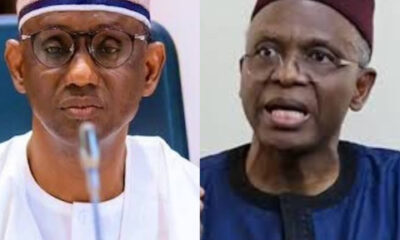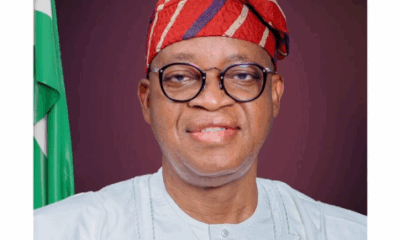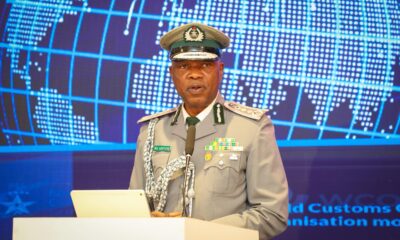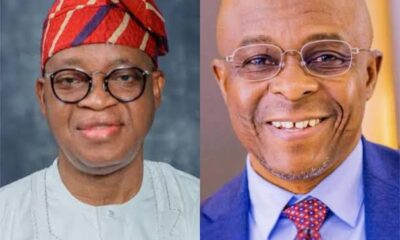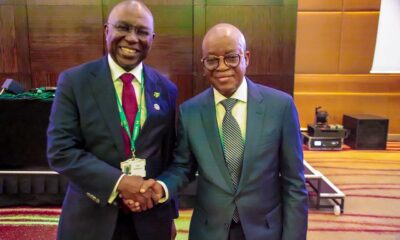Niger Delta
Ibori Pardon: President Tinubu’s Political Earthquake
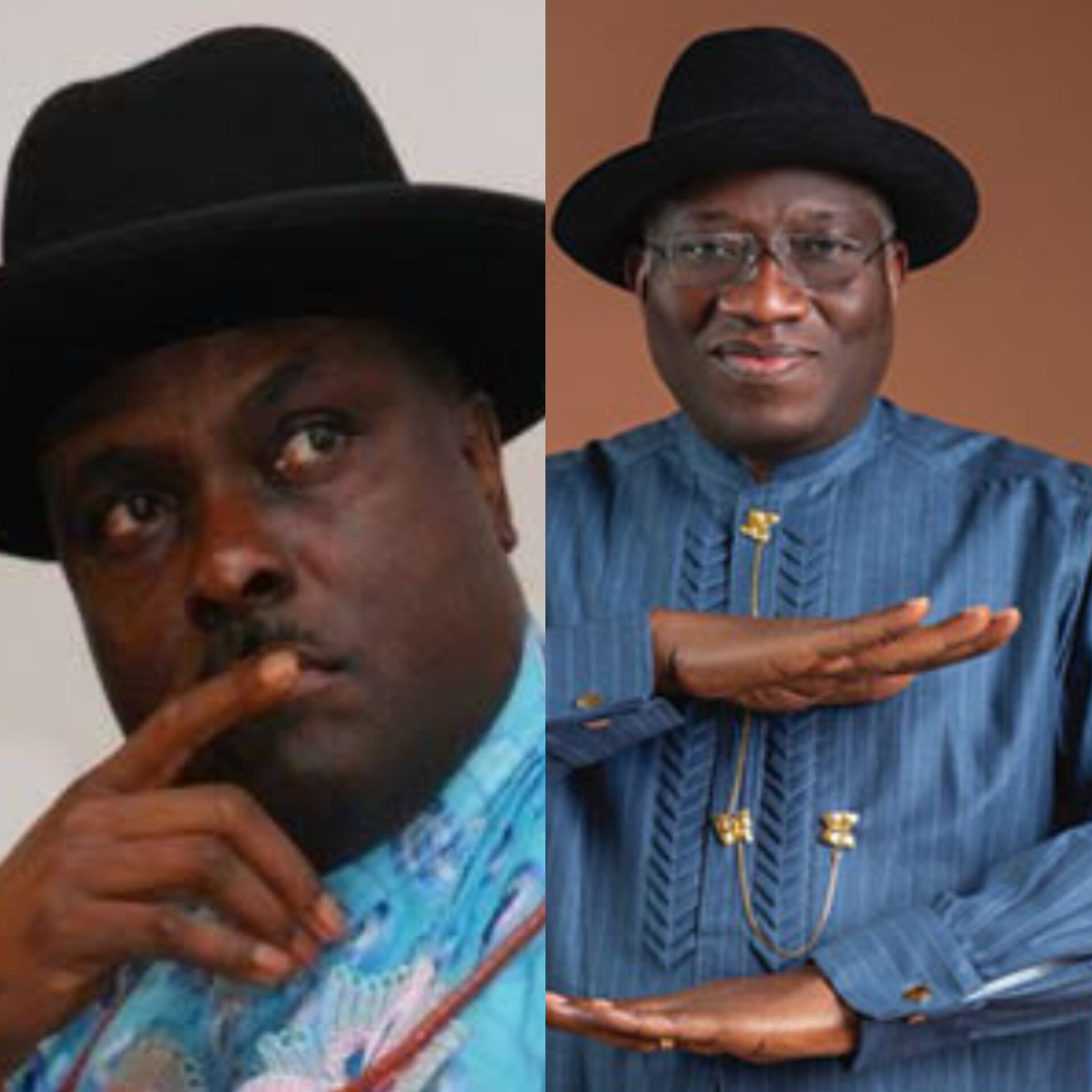
BY EGUONO ODJEGBA
James Ibori’s pardon by President Tinubu is a strategic political maneuver that could significantly weaken Goodluck Jonathan’s 2027 presidential ambition, especially by destabilizing his influence in the Niger Delta and fracturing Peoples Democratic Party (PDP) stronghold in Delta State.
This is not farfetched, considering the duo’s distant history of deep political differences in the context of mutual political ambitions, perceived convoluted conspiracy, back stabbing, deft deployment of power and calculated, effective riddance. 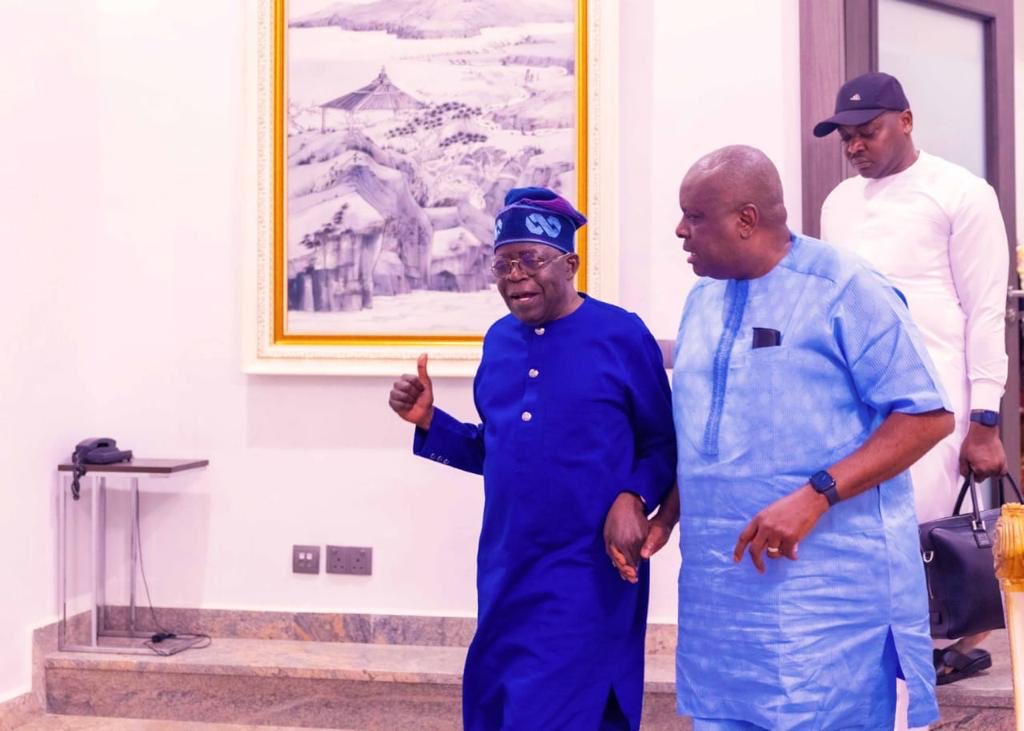
The rivalry between Goodluck Jonathan and James Ibori is steeped in political vendetta. Ibori, once a powerful PDP figure and Delta State governor, was convicted in the UK for money laundering in 2012. Many in Nigeria believe Jonathan’s administration played a role in facilitating his prosecution, viewing it as a purge of political threats within the PDP. This created a deep rift between the two men, with Ibori’s camp harboring resentment toward Jonathan’s legacy.
A masterstroke strategist, it can safely be conjectured that President Bola Ahmed Tinubu’s decision to pardon Ibori is not just a gesture of mercy but a strategic chess move.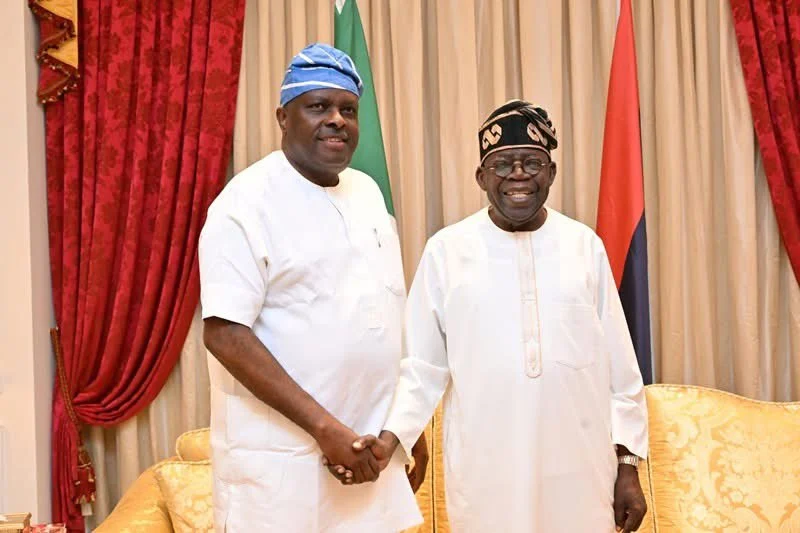
By rehabilitating Ibori politically, Tinubu may have effectively, officially and permanently reclaimed Delta State from PDP; the state’s political stronghold since 1999. But recent defections of Delta leaders to the ruling All Progressive Congress (APC) party, coupled with Ibori’s potential re-entry, signal a coordinated effort to flip the state. Ibori’s grassroots influence remains potent, especially among the Urhobo and other ethnic blocs.
While Jonathan’s strength lies in the Niger Delta, particularly among Ijaw communities, with Ibori now aligned with Tinubu, Jonathan’s regional support could be fractured, making it harder to consolidate votes in 2027.
It is instructive that Tinubu’s pardon is a warning shot to PDP stalwarts—that loyalty can be rewarded, and opposition punished. It also signals Tinubu’s readiness to neutralize threats before they gain momentum.

From the benefit of hindsight, Ibori’s pardon could reshape the 2027 political landscape:
It is believed that Ibori wield strong cross-ethnic influence in the Niger Delta, particularly in Delta State which is also home to the vast majority of the Ijaw ethnic nationality, where Jonathan hails from. While it is argued that Ibori commands stronger grass root popularity and influence, his potential defection to APC could unplug major political dislocation in the region, and trigger ethnic bloc alignment.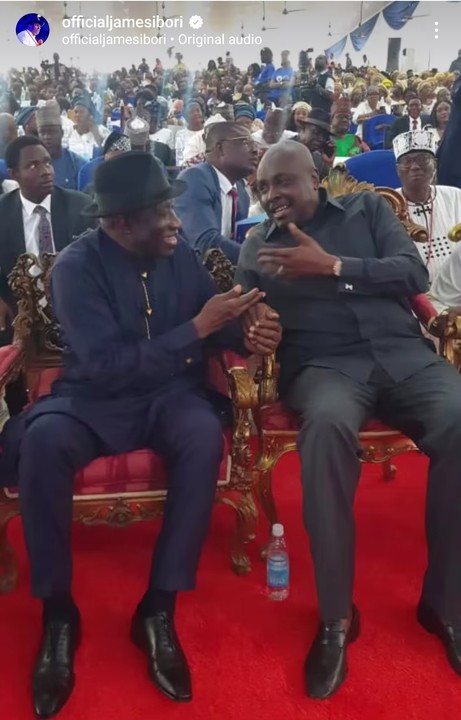
That such could also lead to farther balkanization of the PDP with or without Jonathan, is capable of increasing PDP’s internal stability and provoking strategic defection across political fronts.
While Nigeria’s politics is rife with strategic pardons and alliances, history varies. Thus to what extent the looming potential intra-party shakeup may weaken Jonathan’s support base, however, remains to be seen.
Olusegun Obasanjo’s pardon of Alamieyeseigha helped stabilize the Niger Delta but also paved the way for Jonathan’s rise. Yar’Adua’s amnesty for militants was a peace strategy that had electoral consequences.
Tinubu’s own history of political engineering—from forging alliances with northern power blocs to absorbing opposition governors—shows a pattern of long-term strategic planning.
Therefore, if Jonathan insist on running in 2027 contrary to informed concerns and advise not to throw in the hat, he must immediately begin to rebuild alliances in the Niger Delta, especially with non-Ibori factions.
Since it is rumoured that he will most likely run with the PDP ticket, he must take urgent steps towards strengthening the party’s national cohesion to arrest the prevailing atmosphere of internal schism and splits.
Jonathan must also craft a compelling narrative that positions him as a unifier and reformer, not a relic of past vendettas. Overall, it is not hard to see that Tinubu’s pardon of Ibori is more than political mercy—it’s a power play that could reshape Nigeria’s electoral map. Tail or head, Jonathan’s path to 2027 just got steeper, and the battle for the soul of the Niger Delta is now fully underway.

